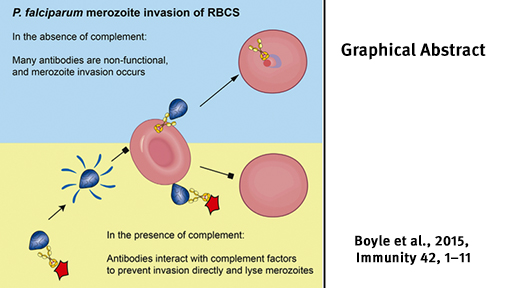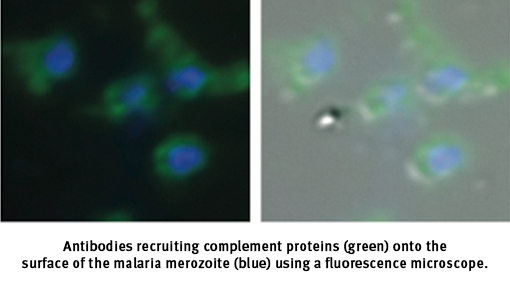A bang-on malaria vaccine is yet to be developed, but a new discovery of how body’s immune system protects against malaria infection could likely pave the way for creation of a vaccine against malaria, which is said to kill as many as 600,000 people annually worldwide.
For years we have known that antibodies on their own can’t hold down the fort against malarial parasites. This led researchers at Burnet centre for biomedical research in Melbourne to look at people who are resistant to malaria. They had a firm belief that antibodies were getting some help to kill malarial parasites and this is exactly what they managed to discover in their latest research published in international journal, Immunity.
Professor Beeson and his team of international researchers found that antibodies were recruiting other proteins in the blood, known as a complement. The antibodies and the complement worked together to coat the malaria organism and this mechanism acted as a double-hit and kept malaria from infecting red blood cells.
“Exploiting this malaria-blocking activity is a new approach in developing a vaccine. We have shown that it is possible to effectively generate this protective immune response by immunising humans with a candidate vaccine,” Professor Beeson said.
“This new research provides evidence that complement plays a key role in antibody-mediated immunity to blood- stage replication of Plasmodium falciparum malaria in humans”, he added.
Professor Beeson said Burnet’s researchers will now apply this new knowledge to their strategies to create new and more effective malaria vaccines.
“Despite recent advances in malaria control and prevention globally, it remains a huge burden and a vaccine is desperately needed,” Professor Beeson said.
However, one of the key factor is availability of funding and professor Beeson is hoping that major pharmaceutical companies lend a hand in the research so as to advanced the malaria research forward and develop an effective vaccine.


